Reward system
Recent articles
Some dopamine neurons signal default behaviors to reinforce habits
Movement-sensing neurons that target the striatum influence a mouse’s choice of action by favoring routine.
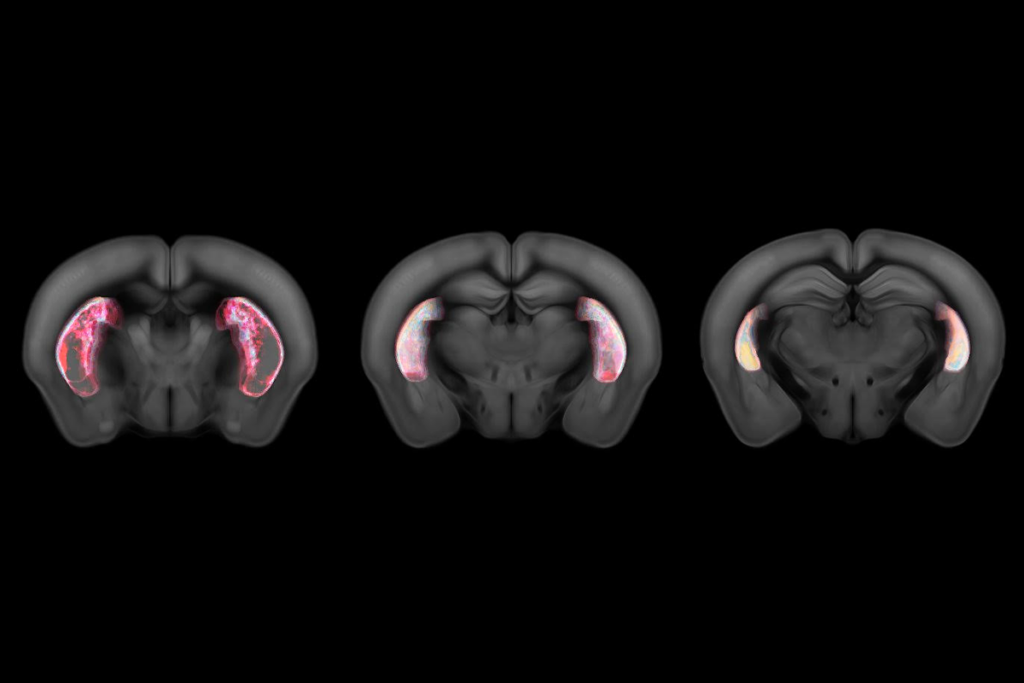
Some dopamine neurons signal default behaviors to reinforce habits
Movement-sensing neurons that target the striatum influence a mouse’s choice of action by favoring routine.
‘Understudied secret’ in brain dampens nicotine drive in mice
The interpeduncular nucleus produces an aversion to nicotine, even at low doses, and helps moderate how rewarding mice find the drug.
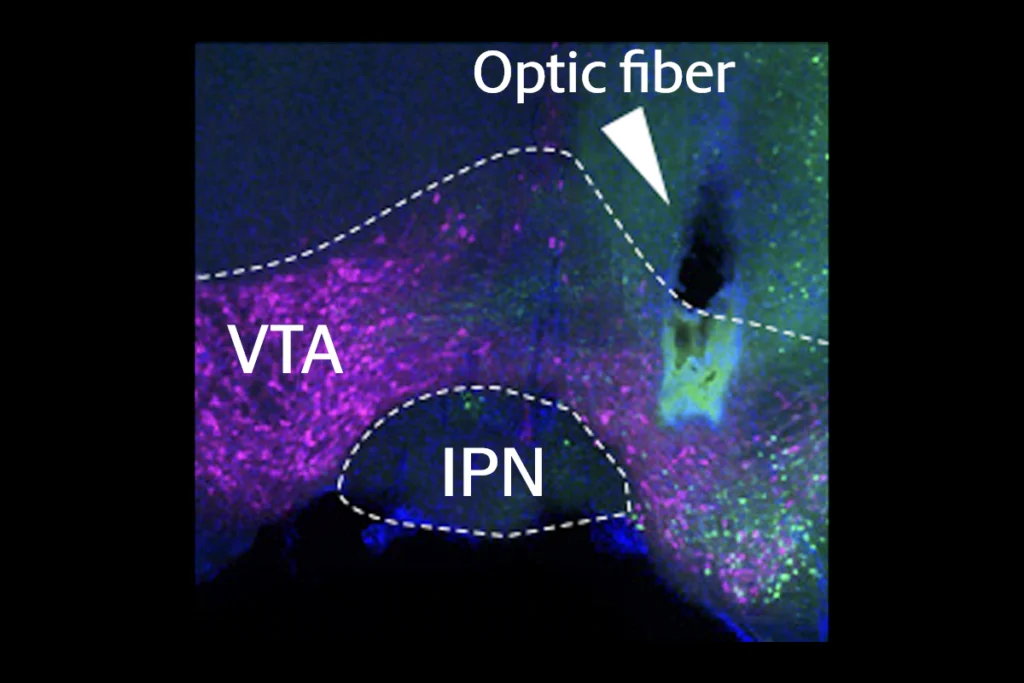
‘Understudied secret’ in brain dampens nicotine drive in mice
The interpeduncular nucleus produces an aversion to nicotine, even at low doses, and helps moderate how rewarding mice find the drug.
In case you missed it: Standout news stories from 2024
These five stories—on the pregnant brain, a failed imaging method and more—top our list of some of the most notable neuroscience research findings this year.
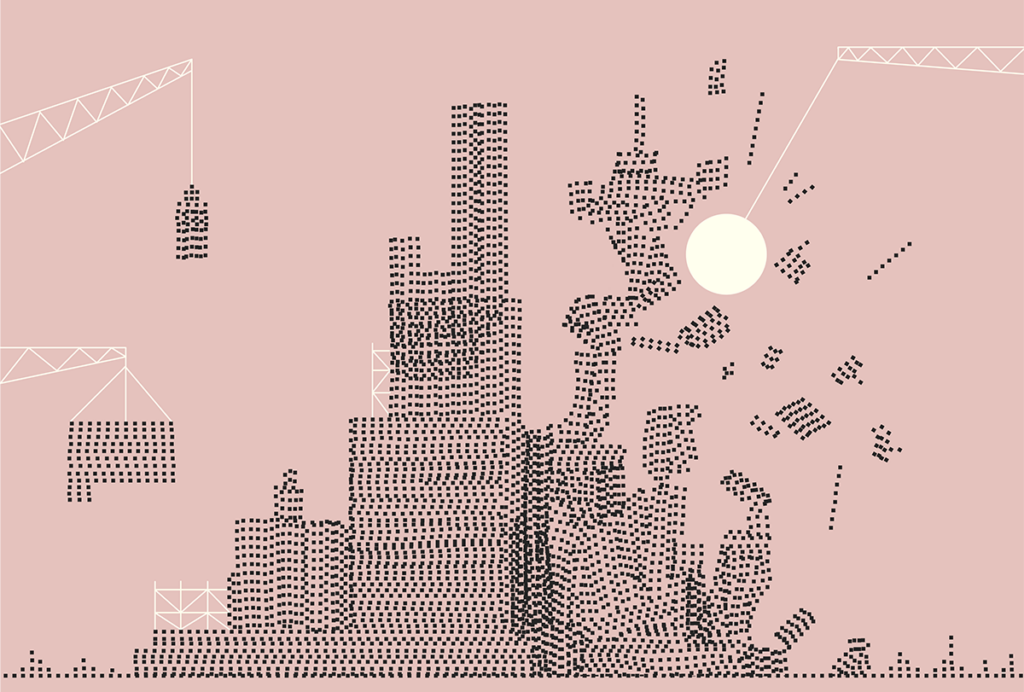
In case you missed it: Standout news stories from 2024
These five stories—on the pregnant brain, a failed imaging method and more—top our list of some of the most notable neuroscience research findings this year.
Vijay Namboodiri and Ali Mohebi on the evolving story of dopamine’s role in cognitive function
Researchers discuss the classic stories of dopamine’s role in learning, ongoing work linking it to a wide variety of cognitive functions, and recent research suggesting that dopamine may help us "look back" to discover the causes of events in the world.
Vijay Namboodiri and Ali Mohebi on the evolving story of dopamine’s role in cognitive function
Researchers discuss the classic stories of dopamine’s role in learning, ongoing work linking it to a wide variety of cognitive functions, and recent research suggesting that dopamine may help us "look back" to discover the causes of events in the world.
Reconstructing dopamine’s link to reward
The field is grappling with whether to modify the long-standing theory of reward prediction error—or abandon it entirely.
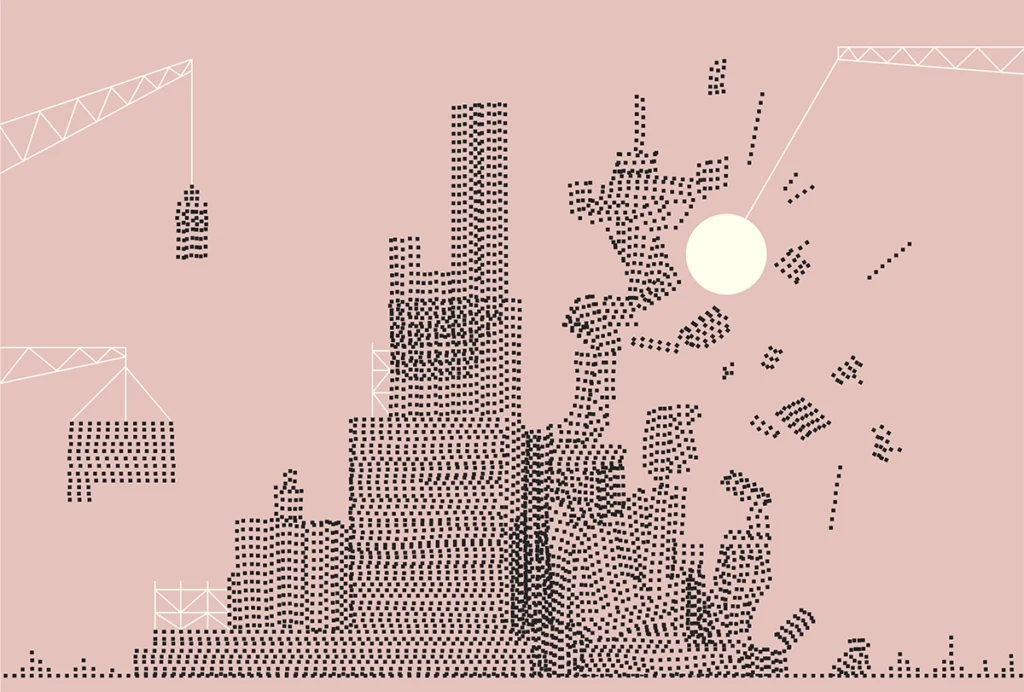
Reconstructing dopamine’s link to reward
The field is grappling with whether to modify the long-standing theory of reward prediction error—or abandon it entirely.
Dopamine and the need for alternative theories
Some experimental findings are inconsistent with the dominant model of reward prediction error, highlighting the need for alternative testable and falsifiable models for dopamine function.
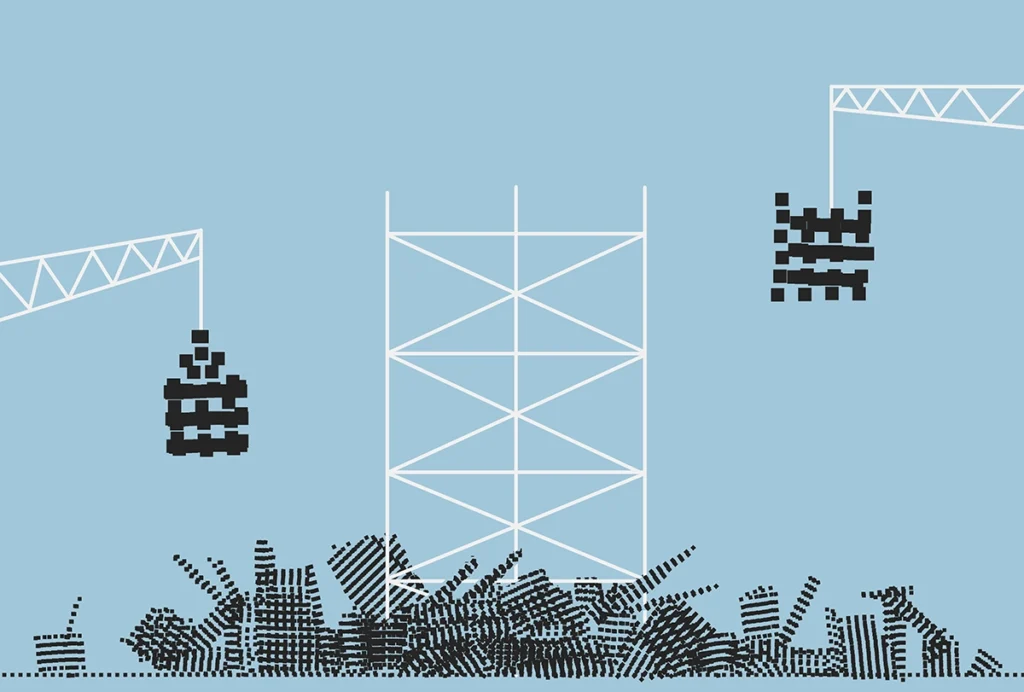
Dopamine and the need for alternative theories
Some experimental findings are inconsistent with the dominant model of reward prediction error, highlighting the need for alternative testable and falsifiable models for dopamine function.
Does a new theory of dopamine replace the classic model?
My answer would be no, but the model poses challenges that will sharpen our understanding of dopamine and learning.
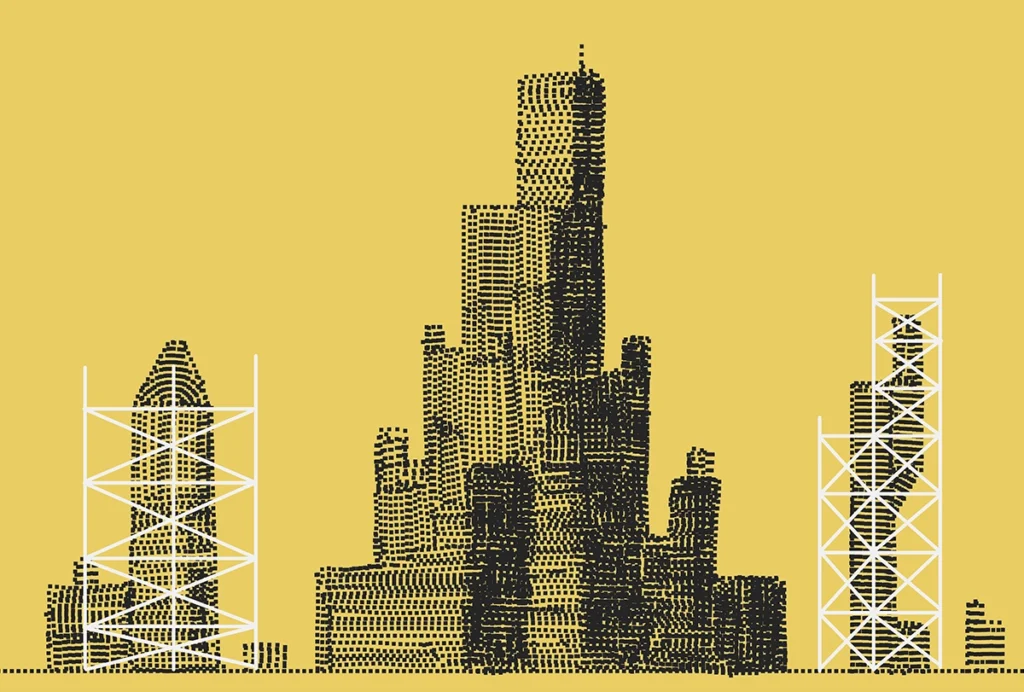
Does a new theory of dopamine replace the classic model?
My answer would be no, but the model poses challenges that will sharpen our understanding of dopamine and learning.
Cocaine, morphine commandeer neurons normally activated by food, water in mice
Confirming a long-held hypothesis, repeated exposure to the drugs alters neurons in the nucleus accumbens, the brain’s reward center, and curbs an animal’s urge for sustenance.
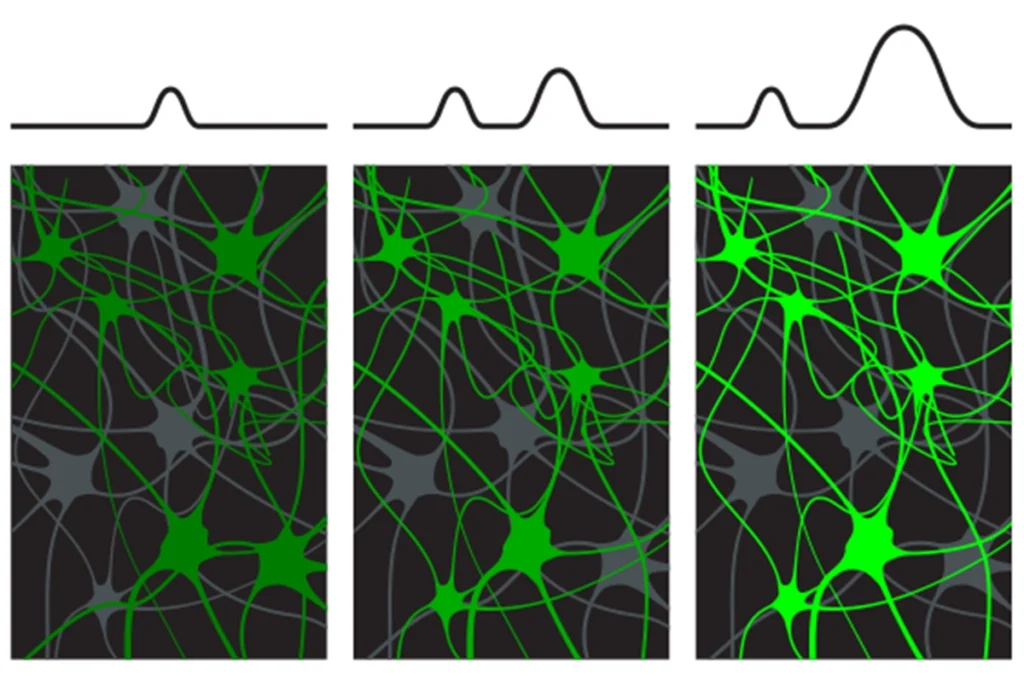
Cocaine, morphine commandeer neurons normally activated by food, water in mice
Confirming a long-held hypothesis, repeated exposure to the drugs alters neurons in the nucleus accumbens, the brain’s reward center, and curbs an animal’s urge for sustenance.
Explore more from The Transmitter
Machine learning spots neural progenitors in adult human brains
But the finding has not settled the long-standing debate over the existence and extent of neurogenesis during adulthood, says Yale University neuroscientist Juan Arellano.

Machine learning spots neural progenitors in adult human brains
But the finding has not settled the long-standing debate over the existence and extent of neurogenesis during adulthood, says Yale University neuroscientist Juan Arellano.
Xiao-Jing Wang outlines the future of theoretical neuroscience
Wang discusses why he decided the time was right for a new theoretical neuroscience textbook and how bifurcation is a key missing concept in neuroscience explanations.
Xiao-Jing Wang outlines the future of theoretical neuroscience
Wang discusses why he decided the time was right for a new theoretical neuroscience textbook and how bifurcation is a key missing concept in neuroscience explanations.
Memory study sparks debate over statistical methods
Critics of a 2024 Nature paper suggest the authors failed to address the risk of false-positive findings. The authors argue more rigorous methods can result in missed leads.

Memory study sparks debate over statistical methods
Critics of a 2024 Nature paper suggest the authors failed to address the risk of false-positive findings. The authors argue more rigorous methods can result in missed leads.